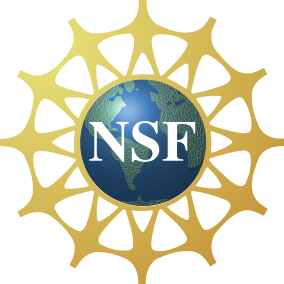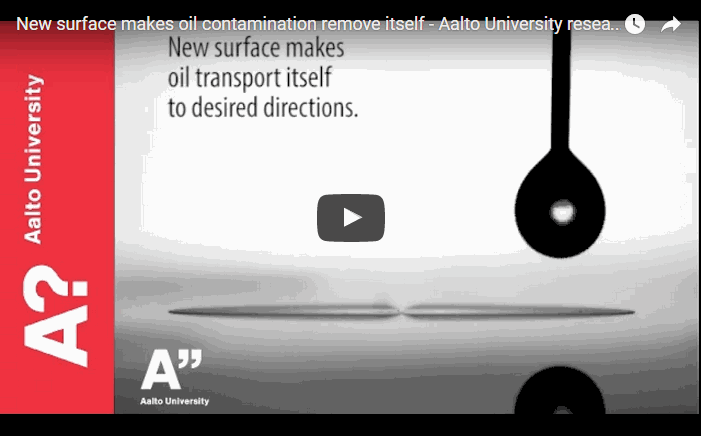
- Image via Wikipedia
The National Science Foundation delivers $1.1 million to Rensselaer Polytech researchers to stimulate the Semantic Web
The Internet grew out of an idea to connect various and disparate sources of data, delivering to researchers around the globe unprecedented access to information via their computer screens. As e-Science evolves alongside Web 2.0, however, some are pushing for a fundamental change in the way the Internet catalogues and organizes data to make it more readily available to the growing number of interdisciplinary and highly specialized researchers who spend their working hours nearly entirely online and who tend to collaborate online. Whereas this is not a new argument—the idea of a more intuitive “Semantic Web” has been kicked around for years—it has gotten a fresh set of legs thanks to the recent funding of a software development tool kit expected to better connect researchers with the information they seek.
The National Science Foundation (NSF) awarded a team of researchers at Rensselaer Polytechnic Institute in Troy, N.Y., $1.1 million in October to create a software programming tool kit by mid-2010 that scientists and other researchers will be able to use to make data from their work available to a larger number of their peers as well as laypeople, including educators and policymakers. The money is being provided as part of the American Recovery and Reinvestment Act of 2009.
Newer generations of researchers not schooled in more traditional, library-based (pre-Internet) research methods are used to doing keyword searches on the Internet to discover information. “But if you come from outside a given field, you don’t necessarily know what those keywords are,” says Alyssa Goodman, a Harvard University astronomy professor. A Semantic Web setup would enable researchers to craft their queries in more natural language. Goodman adds, however, that a fully semantic Web that can read, comprehend and categorize information beyond keywords requires a level of artificial intelligence that is currently not available, something Rensselaer’s researchers are trying to address with this new tool kit.
Related articles by Zemanta
- First Intelligent Financial Search Engine Developed (innovationtoronto.com)
- Team Aims To Create Pure Evil AI (tech.slashdot.org)
- Intelligence, algorithms, and anthropomorphism (tor.com)









